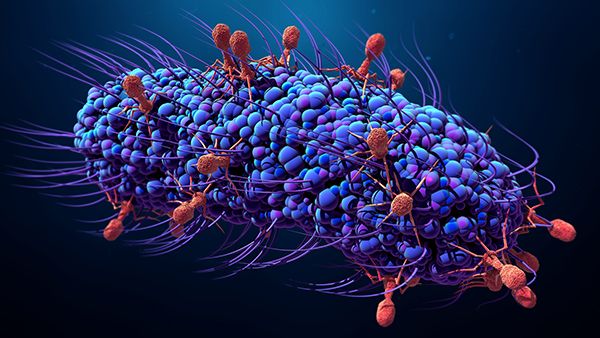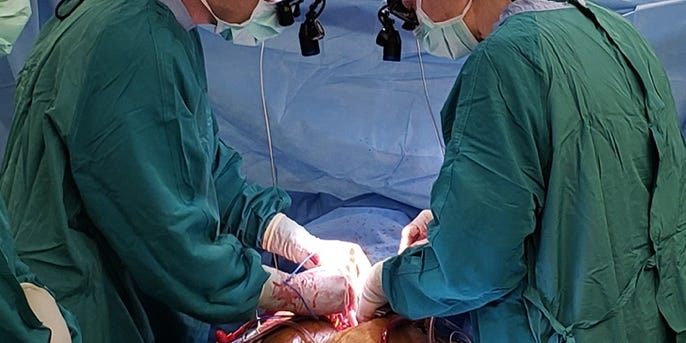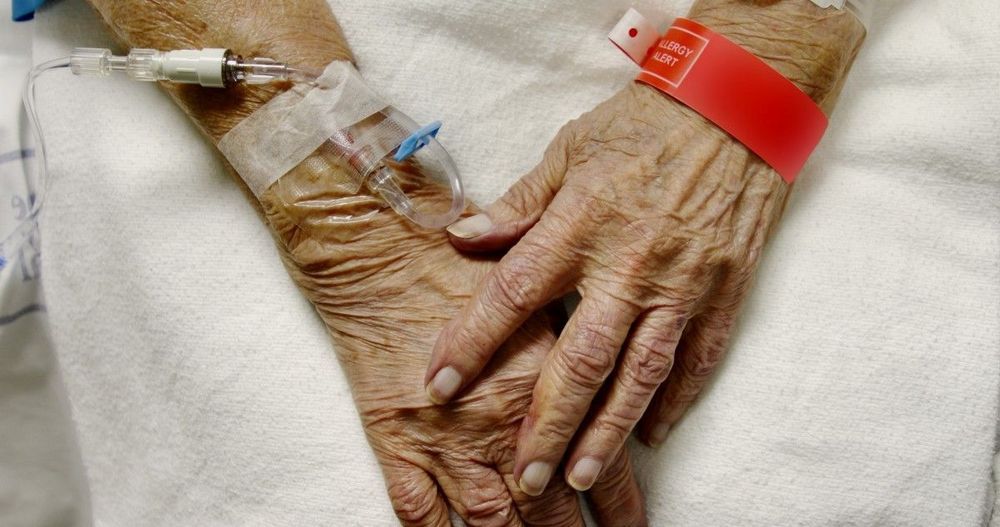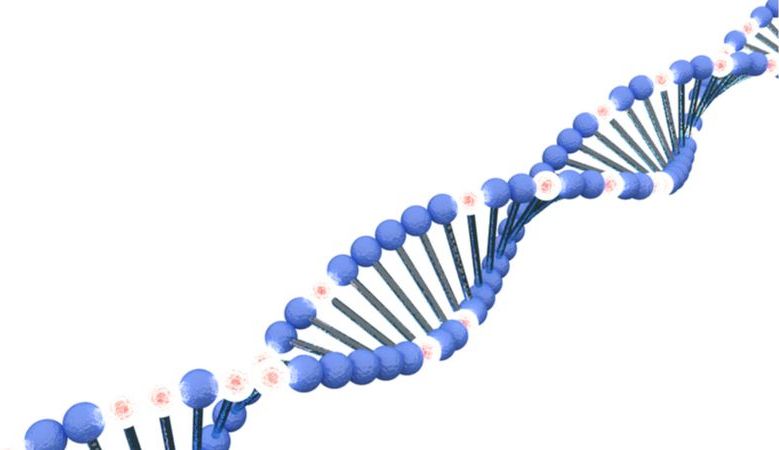Scientists at the University of Otago in New Zealand say they have discovered how viruses that specifically kill bacteria can outwit bacteria by hiding from their defenses. These findings are important for the development of new antimicrobials based on viruses and provide a significant advance in biological knowledge, according to the researchers.
Lead researcher Peter Fineran, PhD, professor, explained that the rise in multi-drug resistant bacteria is leading to the development of alternative therapeutics, including viruses (bacteriophages) that specifically kill bacteria. However, bacteria can become resistant to phages.
Phages are the most abundant biological entities on the planet and are important for global ecosystems, but they can also be used to kill bacterial pathogens, continued Fineran. To defend themselves from the phage invasion, bacteria have developed CRISPR-Cas defense systems, but the phages have come up with ways to avoid these bacterial defenses.








